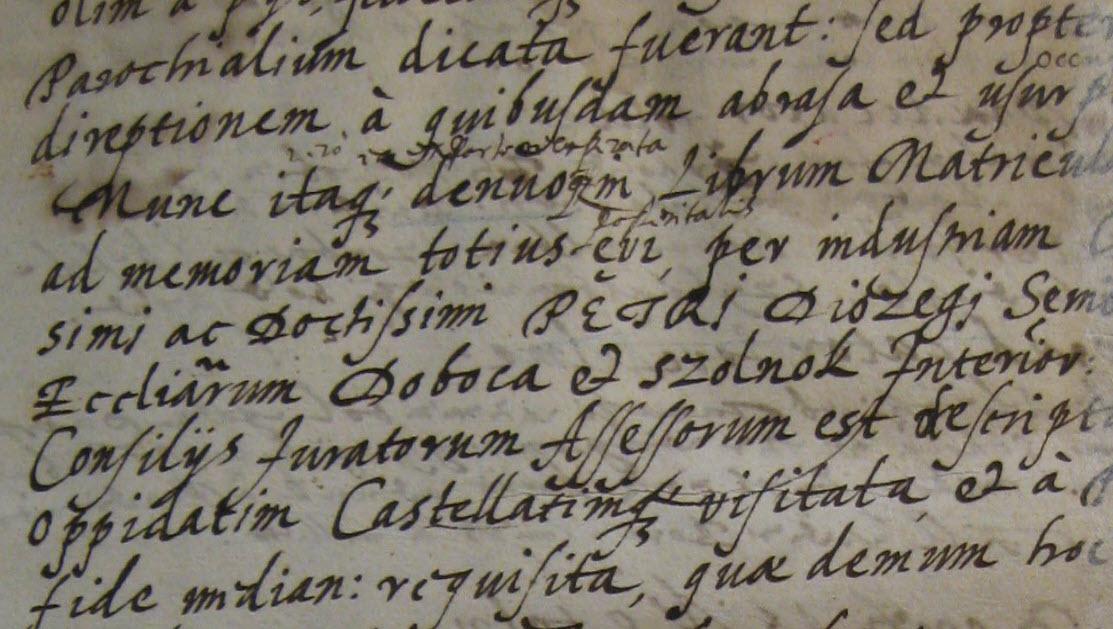Vásárhelyi János kolozsvár-alsóvárosi szolgálata
Ha összegezni kívánjuk Vásárhelyi János besztercei, dési majd kolozsvári szolgálatát, elmondhatjuk, hogy korának sokoldalú és legkiválóbb gyülekezeti lelkipásztorai közé tartozott.

Ha összegezni kívánjuk Vásárhelyi János besztercei, dési majd kolozsvári szolgálatát, elmondhatjuk, hogy korának sokoldalú és legkiválóbb gyülekezeti lelkipásztorai közé tartozott.
Basa Mihály levelezésének fennmaradt darabjai inkább csak adminisztratív jellegűek. Ezek a gyülekezeti szolgálatok megszervezésére, valamint a szolgálatot végző személyek kijelölésére és tevékenységére vonatkoznak. E kevés számú le-vél sorából – mondhatni – „kilóg” az Alexander von Bach császári belügyminiszternek címzett üdvözlet. Tematikáját tekintve e személyesebb hangvételű levél is a szolgálat kérdésköréhez kapcsolódik.